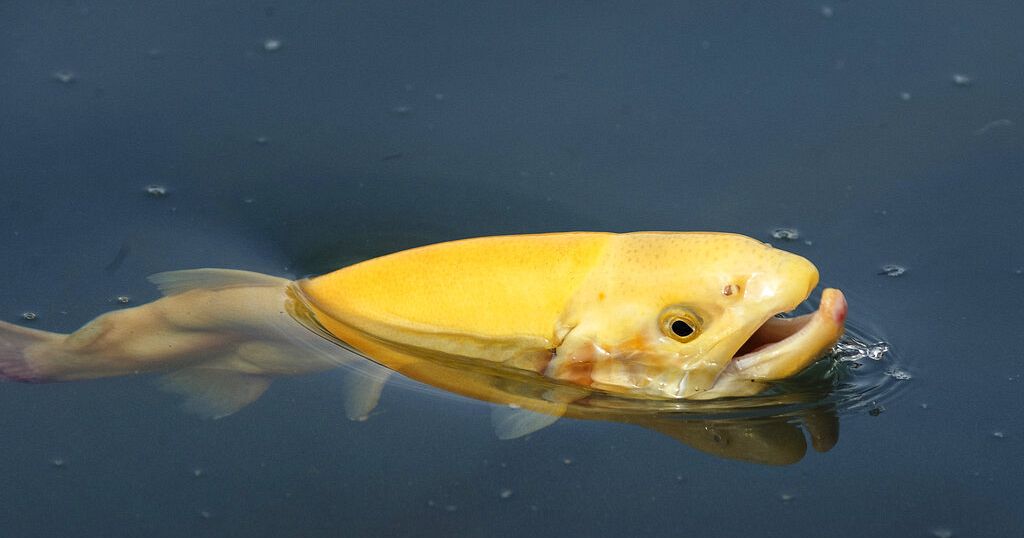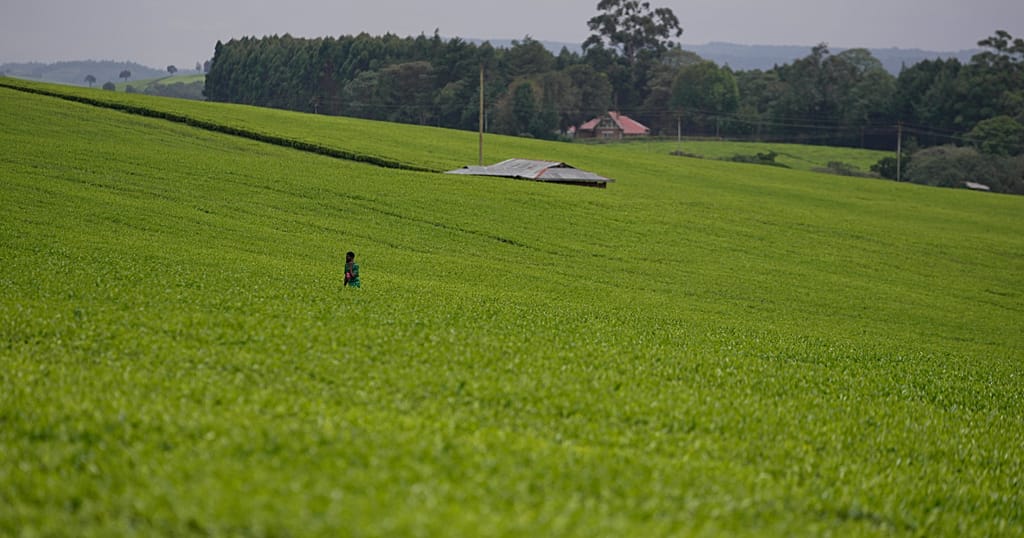Nature journal reveals alarming extinction rates for freshwater life

A recent study published in the Nature journal reveals that 24% of freshwater species face the threat of extinction due to human activities such as pollution, dam construction, water extraction, and climate change.
Despite covering just 1% of the Earth’s surface, freshwater ecosystems are home to 10% of all animal species, making them vital reservoirs of biodiversity that are now in grave danger.
The beauty of freshwater ecosystems—rivers, lakes, ponds, and streams—draws people in, serving both as a source of enjoyment and a resource for exploitation.
Nearly all the prominent rivers across North America and Europe have been extensively transformed by human intervention, with massive dams built for hydroelectric energy and expansive reservoirs created.
However, a recent paper in the journal Nature, nearly 25% of the 23,500 species studied are at risk of extinction, classified as vulnerable, endangered, or critically endangered.
For the first time, researchers have turned their attention to freshwater species, marking a shift from earlier studies that primarily examined terrestrial animals such as birds, mammals, and reptiles.
Ian Harrison, co-chair of the Freshwater Conservation Committee and co-author, expressed concern over the alarming statistic that one in four species faces the risk of extinction.
He highlighted that around 23% of the species studied lack sufficient data, making it difficult to assess their threat levels accurately.
However, it’s likely that a significant portion of these data-deficient species are also at risk.
Given that 25% of the species we do have information on are threatened, it stands to reason that a similar proportion of the unknowns could be in danger as well.
This suggests that the actual number of threatened species may be even greater than we currently understand.
The authors stress the critical importance of tackling threats to mitigate the ongoing decline and loss of species.
Freshwater ecosystems are especially at risk due to their closeness to human activities, contrasting sharply with the expansive oceans.
The interconnected nature of these freshwater systems plays a significant role as well; for instance, pollution originating upstream can quickly travel downstream, affecting a larger area.
Additionally, freshwater resources are under pressure from agricultural extraction, the need for drinking water, and the threat posed by invasive species.
Pollution remains a critical concern for the 23,500 species that rely on these ecosystems, including dragonflies, fish, and crabs.
Harrison acknowledges the somber nature of the findings but remains optimistic. “Well, it is very depressing, of course, but I think one can’t kind of come away from this feeling that it’s hopeless. And I don’t think it is hopeless. It’s very challenging, but it’s not hopeless,” he said.**
Climate change is also impacting freshwater ecosystems, while wildfires and deforestation have led to significant destruction in various regions, including the Amazon and Australia.
The study reveals that over half of the threatened species examined are impacted by pollution, with 39% affected by dams and water extraction, 37% by changes in land use and the resulting agricultural effects, and 28% by invasive species and diseases.
The Prairie Creek salmon restoration project in California’s Redwoods National Park serves as a prime example of how human efforts can transform arable land into thriving salmon habitats, showcasing our ability to combat the looming threat of extinction.
Source: Africanews









![Nigeria, Egypt complete AFCON semi-final lineup [Football Now] Nigeria, Egypt complete AFCON semi-final lineup [Football Now]](https://images.euronews.com/articles/stories/09/60/88/90/1024x538_cmsv2_ae5ebea6-2342-5024-b5be-e5d49208e561-9608890.jpg)





